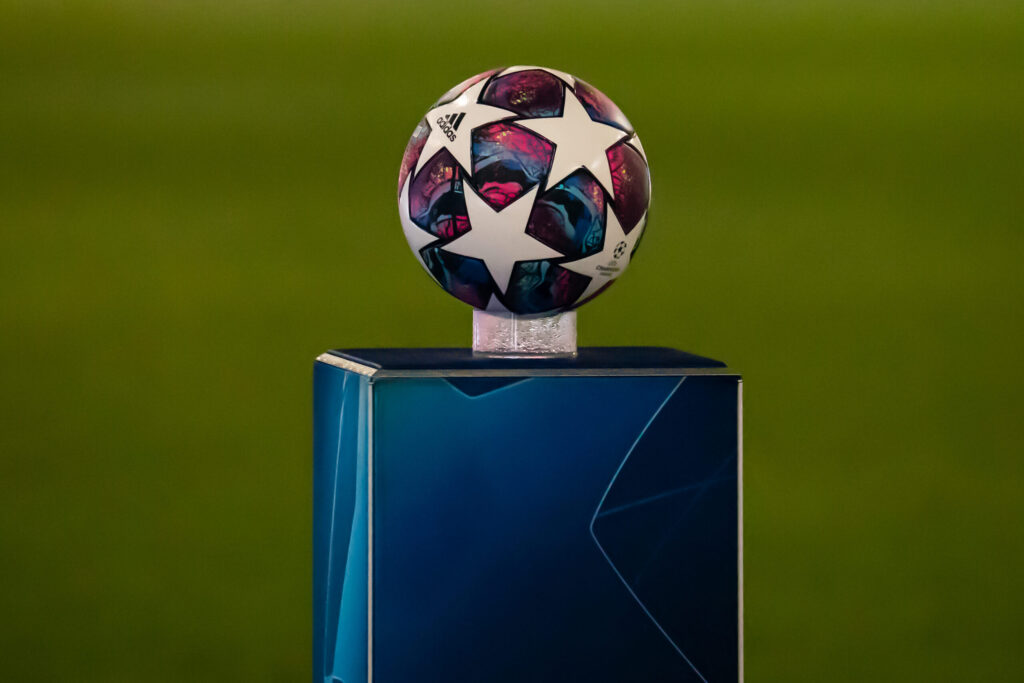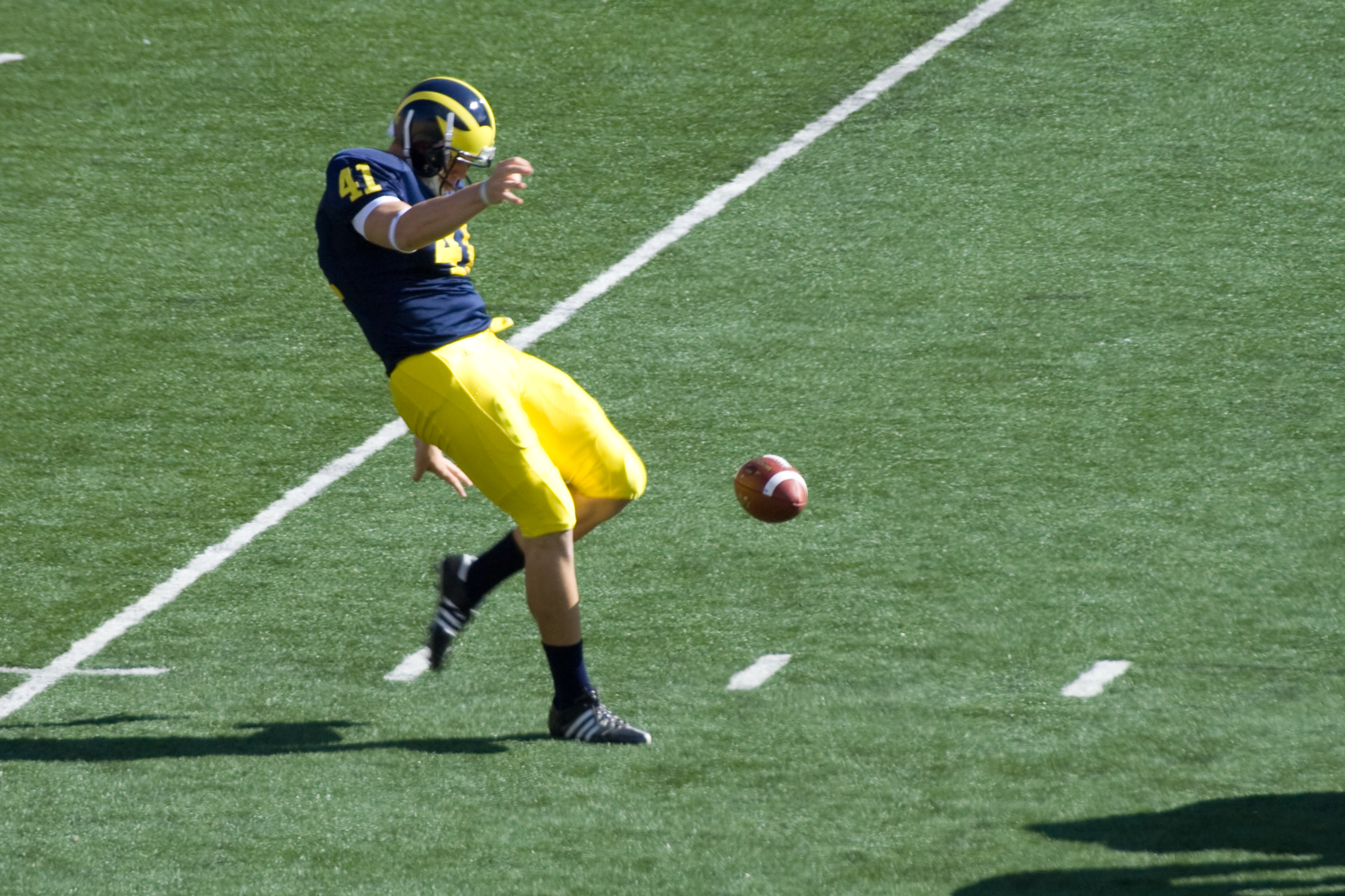In a significant move reflecting a growing awareness of public health issues, the Premier League has slowly moved away from a ban on alcohol sponsors within the sports. This decision has sparked discussions across the football community and beyond, highlighting the complex relationship between sports and alcohol. As society increasingly recognises the importance of promoting healthy lifestyles, the ban aims to set a positive example, particularly for younger fans. The role of alcohol rehab facilities in supporting individuals struggling with addiction underscores the need for such measures.
A Historical Context
The association between football and alcohol sponsorship has deep roots in the Premier League's history. For decades, various clubs have partnered with breweries and distilleries, displaying their logos prominently on team jerseys. This practice not only generated substantial revenue for clubs but also normalised alcohol consumption within the sporting environment.
The first major alcohol sponsor in the Premier League was Newcastle United's partnership with Newcastle Brown Ale in the 1990s. This partnership set a precedent that many clubs followed, leading to a proliferation of alcohol brands emblazoned across football shirts. By the early 2000s, it was common to see teams like West Ham United and Liverpool FC sporting logos from popular beer brands.
However, as the years progressed, public sentiment began to shift. Increased awareness of the health risks associated with excessive alcohol consumption, combined with rising concerns about the impact of alcohol advertising on young fans, prompted calls for change. According to a study by Drinkaware, approximately 1 in 5 adults in the UK are classified as binge drinkers, highlighting the urgent need for responsible marketing practices.
The Decision to Ban
In 2023, the Premier League took a decisive step towards promoting healthier lifestyles by banning alcohol front-of-shirt sponsorships. This decision was influenced by a growing body of evidence linking alcohol advertising to increased consumption, particularly among young people. The league's leadership recognised that while football is a beloved pastime, it also has a responsibility to foster a safe and healthy environment for its supporters.
The ban is part of a broader initiative aimed at promoting social responsibility within sports. By removing alcohol brands from the front of shirts, the Premier League is sending a clear message that it prioritises the well-being of its fans over potential financial gains from sponsorship deals. This move aligns with similar actions taken in other sports leagues around the world, where the influence of alcohol advertising has come under scrutiny.
Current Sponsorship Landscape
As the Premier League transitions away from alcohol sponsorships, clubs are seeking alternative partnerships. Many teams are now exploring collaborations with companies in sectors such as technology, finance, and health. For instance, clubs like Manchester City have secured lucrative deals with global brands that promote a more positive image. These partnerships not only provide financial support but also align with the league's commitment to social responsibility.
Currently, prominent sponsors in the Premier League include companies like Etihad Airways, Barclays, and Coca-Cola. These brands represent a shift towards more socially responsible sponsorships that do not carry the same potential for negative public health implications as alcohol brands. This transition reflects the league's dedication to fostering a healthier image and promoting positive role models for younger fans.
The Impact of the Ban
The impact of the ban on alcohol front-of-shirt sponsorships is likely to be multifaceted. On one hand, clubs may face financial challenges as they seek new sponsors to fill the void left by alcohol brands. However, the long-term benefits of promoting healthier lifestyles and reducing the normalisation of alcohol consumption in sports may outweigh these challenges.
Moreover, the ban could potentially lead to increased awareness of the importance of responsible drinking. By removing alcohol branding from the forefront of football, the Premier League is encouraging discussions around alcohol consumption and its associated risks. This shift could ultimately contribute to a cultural change within the sport, fostering a more responsible attitude towards alcohol among fans.
The Premier League's decision to ban alcohol front-of-shirt sponsors marks a significant turning point in the relationship between sports and alcohol. Rooted in a historical context of alcohol sponsorships, this move reflects a growing commitment to public health and social responsibility. By prioritising the well-being of its fans and promoting healthier lifestyles, the Premier League is setting an example for other sports leagues to follow.
As the league navigates this transition, it will be crucial for clubs to embrace new sponsorship opportunities that align with these values. The involvement of Alcohol Rehabilitation Centres in advocating for responsible drinking further emphasises the importance of this decision. Ultimately, the Premier League's ban on alcohol sponsorships is not just a financial decision; it is a step towards creating a healthier, more responsible sporting culture for future generations.


.jpg)

